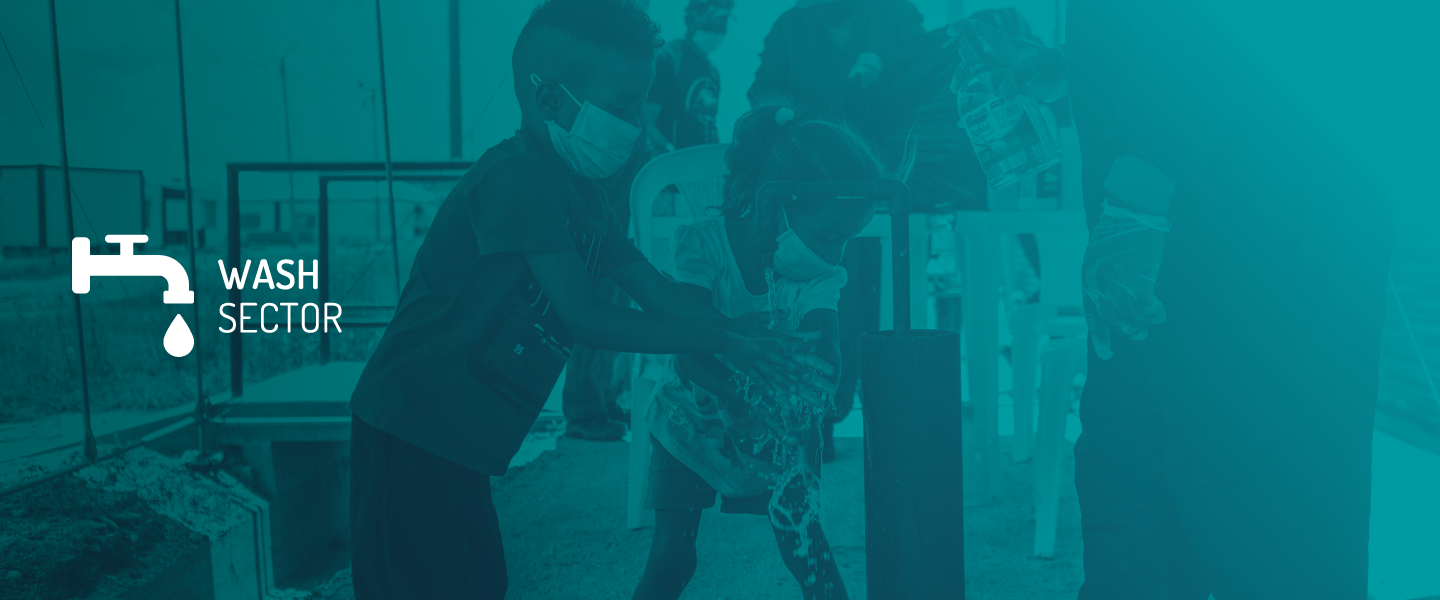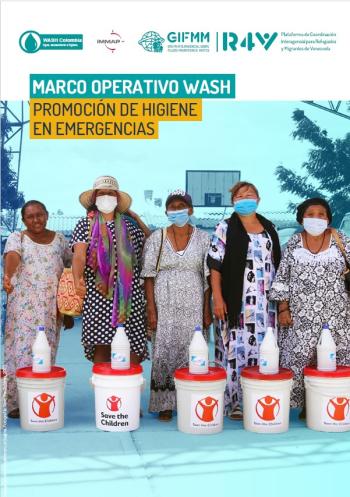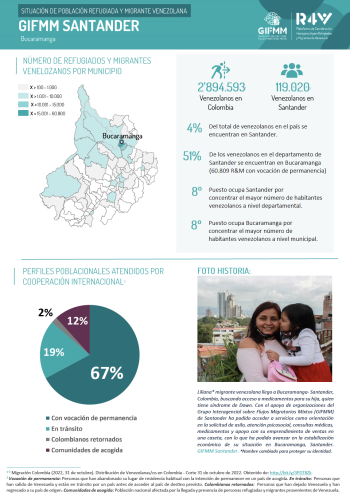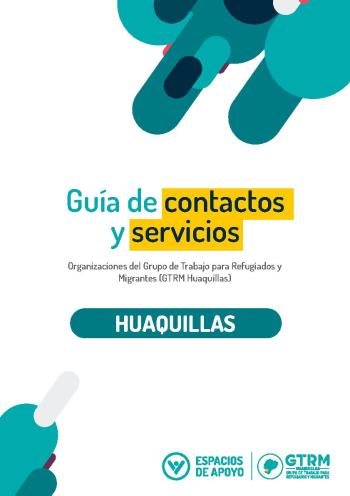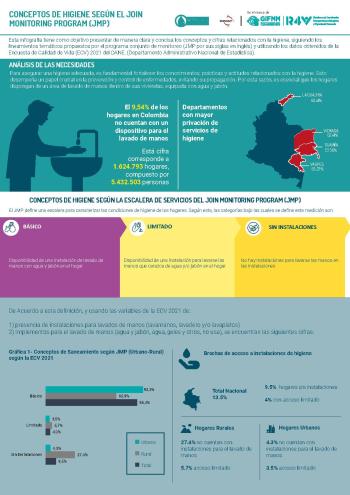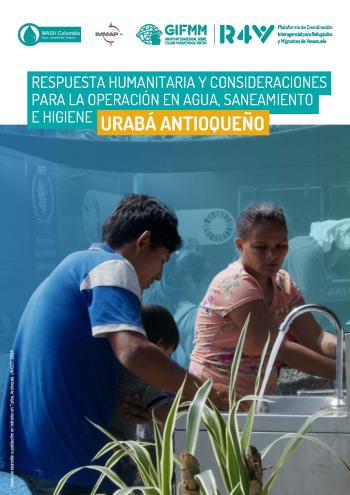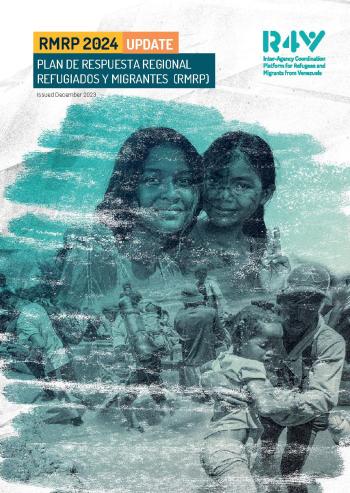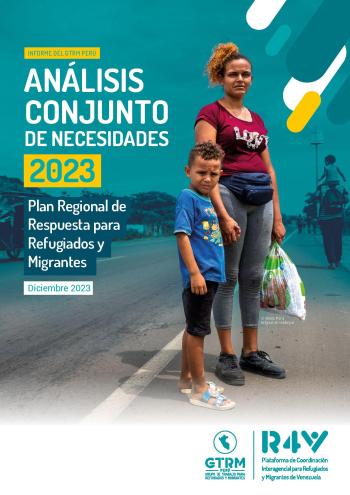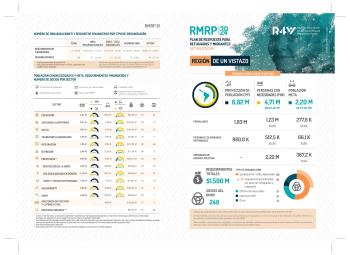Key Figures
What is the WASH Sector?
Priority Needs
Access to water, basic sanitation and improved hygiene conditions in households, educational institutions, informal settlements, community kitchens, border crossings, collective and individual shelter solutions, health centers, and Support Spaces are amongst the most crucial needs of refugees and migrants from Venezuela as well as affected host communities. These needs have become further exacerbated as a result of the dramatic impact of COVID-19.
Joint Needs Assessments indicate that there is a significant need for Water, Sanitation and Hygiene (WASH) services in all areas hosting Venezuelans.
Access to sufficient and clean water is fundamental for drinking, domestic purposes and hygiene. In the context of COVID-19, water is also fundamental for infection prevention and control (IPC) when it comes to handwashing.
Sanitation is also a key need, as inappropriate sanitation services led to unhygienic conditions in many facilities hosting refugees and migrants from Venezuelan in the region. Sanitation facilities need to be gender segregated and in well-lit areas to ensure prevention of protection risks. Women and girls also highlight the need to continue receiving sanitary pads and menstrual hygiene management kits to ensure appropriate menstrual hygiene management.
Response Strategy
The main priorities and strategic areas in the field of WASH for 2021 include:
• Provision of safe and quality WASH services that are sensitive to gender and age needs as well as inclusive to people with disabilities.
• Provision of hygiene services including menstrual hygiene management, supplies and messages.
• Strengthen environmental and public health measures to reduce COVID-19 transmission.
• Strengthen national WASH sector governance to embed the needs of refugees, migrants and affected host communities in the national and local policies, plans, budget and monitoring.
To address these needs, the WASH Sector will:
1. Support sectoral and inter-agency coordination to target and prioritize the most at-risk settlements / collective shelters / reception centers / transit sites and host communities.
2. Support national governments with WASH and Infection Prevention and Control (IPC) supplies, equipment and capacity-strengthening efforts to ensure access for refugees and migrants.
3. Continue the regional mapping of WASH public policy measures to share good practices on governance, resilience, public & environmental health.
4. Provide technical guidance to ensure climate resilience is integrated in WASH responses and with the participation of children & adolescents
5. Develop a platform for exchange of technical and educational materials on WASH and communication strategies that are inclusive of persons with disabilities and special needs.
6. Provide capacity development efforts to ensure scale and quality of the WASH response.
7. Integrate cash and voucher assistance to support local markets and recovery efforts.
Due to the cross-sectoral nature of the WASH Sector, the holistic nature of the challenges raised by the migration flow, and the COVID-19 pandemic, WASH Sectors throughout the region will adopt a multisectoral approach, in collaboration with the Education, Shelter and Health Sectors, as well as with inter-sectoral groups such as the CwC/C4D and CVA Working Groups and Gender focal points.
Calendar
| Sun | Mon | Tue | Wed | Thu | Fri | Sat |
|---|---|---|---|---|---|---|
|
31
|
1
|
2
|
3
|
4
|
5
|
6
|
|
|
|
|
|
|
|
|
|
7
|
8
|
9
|
10
|
11
|
12
|
13
|
|
|
|
|
|
|
|
|
|
14
|
15
|
16
|
19
|
20
|
||
|
|
|
|
|
|
||
|
21
|
22
|
23
|
24
|
26
|
27
|
|
|
|
|
|
|
|
|
|
|
28
|
29
|
30
|
1
|
2
|
3
|
4
|
|
|
|
|
|
|
|
|

